12/20/2013 #Aztlán-Network-News ~via @Peta_de_Aztlan http://aztlan-network-news.blogspot.com/2013/12/12202013-aztlan-network-news-via.html
++++
Connect Up! Network Aztlan Yahoo Group
http://groups.yahoo.com/group/NetworkAztlan_News/
++++
++++
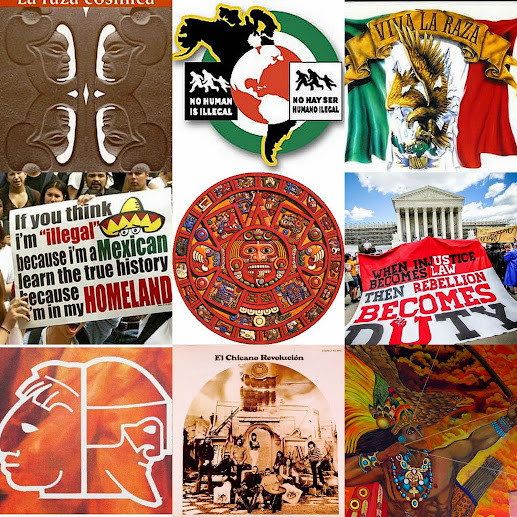
++++
12/20/2013 The Implications of Pew's New
++++

====
12/20/2013 Obama renews call for Senate
http://www.politico.com/story/2013/12/barack-obama-senate-comprehensive-immigration-reform-bill-101401.html
++++
What Raul Castro said to President Obama: ‘I am Castro’ via
====

------
Cuban president Raul Castro (Orlando Barria/EFE/Zuma Press/MCT)
Comment: Clearly Raul wanted Obama to know that the Spirit of Fidel Castro is still alive and well. Fidel is still the Comandante. Of course, the imperialist U.S. Embaro against Cuba has been detrimental to the Cuban people for decades and should be lifted.
++++

====
Link TV
Comment: I heard this podcast and it was interesting. I want to keep checking it out.
++++
Pope Francis Praises 'Trash Pickers' Saying Recycling Is Good For Environment, For Workers (VIDEO) http://www.huffingtonpost.com/2013/12/20/pope-francis-recycling-_n_4479305.html
====
====
Mensaje del Papa Francisco para los Cartoneros y Recicladores del Mundo:
http://youtu.be/Bkm88broxUE via
Comment: So far Papa Francisco seems to be pretty progressive. Who is to say when he knew about stuff going on before he became Pope? What happened to him in earlier years?
++++
12/18/2013 Archbishop Gomez stresses
====

------
Archbishop of Los Angeles Jose Gomez (Mel Melcon/Los Angeles Times/MCT)
++++
++++
Tailor with the perfect tempo: For 3 decades, ‘El Maestro’ has tailored mariachi suits
via
http://latinotimes.com/latinos/992159-tailor-with-the-perfect-tempo-for-3-decades%2C-%E2%80%98el-maestro%E2%80%99-has-tailored-mariachi-suits.html
====

------
Mariachi musicans gather to perofrm during a parade in honor of Saint Cecilia, the Catholic saint of musicans on Nov. 26, 2013, in Los Angeles. (Bethany Mollenkof/Los Angeles Times/MCT)
====

------
Tailor Jorge Tello helps a client customize a mariachi suit at his store in Los Angeles on Nov. 22, 2013. For 30 years Tello has tailored to musicians who are some of the most demanding in their clothing, mariachis. (Bethany Mollenkof/Los Angeles Times/MCT)
++++
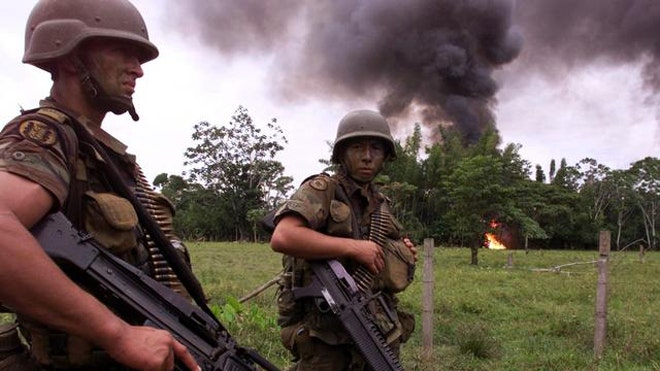
====
12/19/2013 U.S. Halts Coca Spraying Efforts In Colombia After Planes Shot Down, Americans Hurt
http://latino.foxnews.com/latino/news/2013/12/19/us-halts-coca-spraying-efforts-in-colombia-after-planes-shot-down-americans/
Comment: It is clear that the U.S. Regime has tried to and wants to control the global drug market. As usual, money is the bond that ties all these fat rats together. Plus, the U.S. being such a 'dope fiend' country of all forms of drugs, legal, semi-legal and illegal.
++++

------
Demonstrators stopping a deportation bus in San Francisco
====
What the Pew’s New
http://drmactioncoalition.org/how-pews-new-immigration-numbers-affect-reform/#
Comment: At the rate things we going in Congress I did not expect any meaningful immigration reform this year and any reform as legislation is now written would be bad legislation and not reflective of the whole need for fair and humane immigration legislation. It has become like a Bad Dream.
++++

====
California Governor Jerry Brown fits profile of possible 2016 presidential candidate: http://latinotimes.com/politics/987953-california-governor-fits-profile-of-possible-2016-presidential-candidate.html via
++++
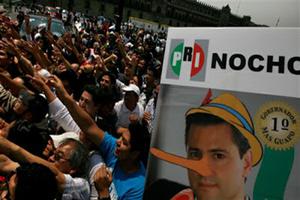
====
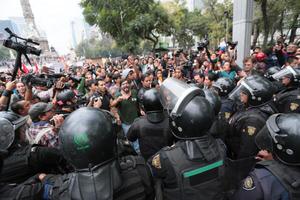
====
12/18/2013 Selling Off and Selling Out: Mexico's Energy Reform | North American Congress on Latin America via
https://nacla.org/blog/2013/12/18/selling-and-selling-out-mexicos-energy-reform
++++

====
A man holds up a poster that shows an image of the lateVenezuelan leader Hugo Chavez during a protest against corruption in Caracas, Venezuela, Saturday, Aug. 3, 2013. (AP Photo/Fernando Llano)
====
12/17/2013 Latin America In 2013: A Year In Review via
http://www.huffingtonpost.com/2013/12/17/latin-america-2013_n_4461548.html
++++
12/17/2013 2013: A Year In Latin America:
http://huff.to/19cIQHi via
====
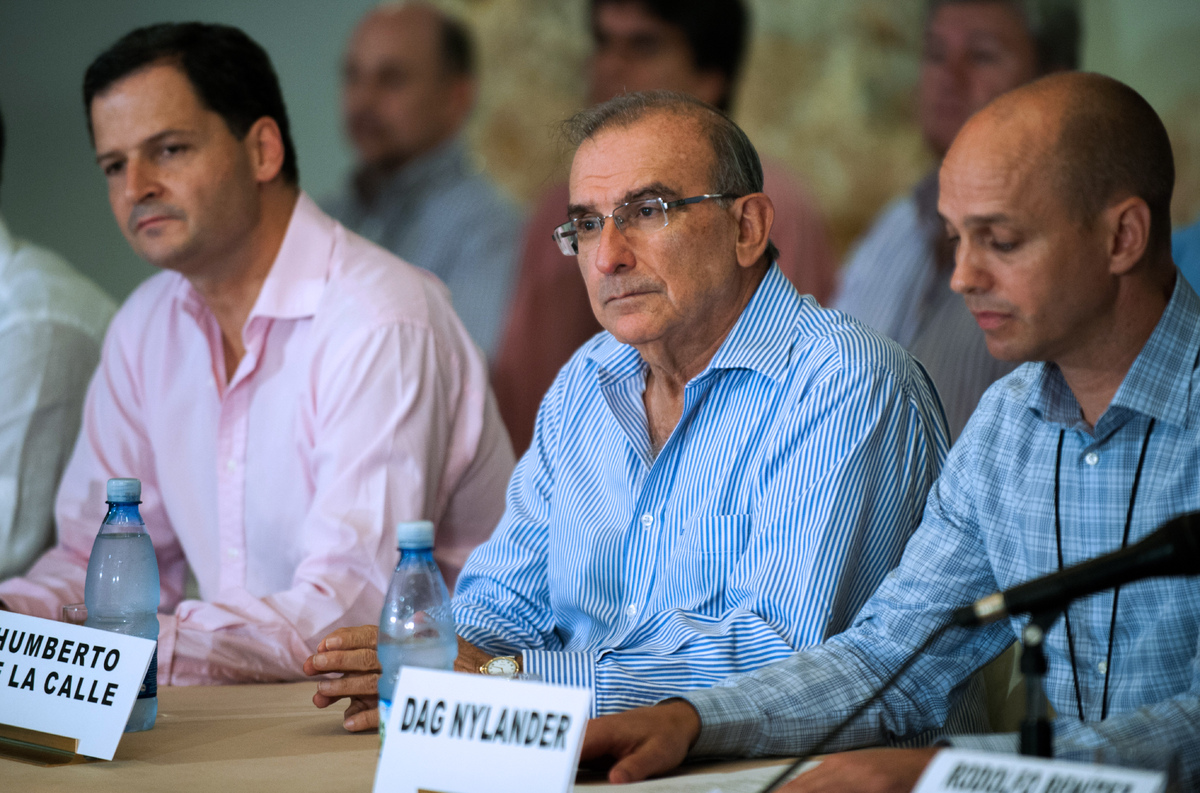
------
Peace at last? After 59 years of fighting 2013 was the year of peace negotiations. Havana was the setting for talks between the Government of Colombia and the Fuerzas Armadas Revolucionarias de Colombia, FARC, the guerillas force that has caused death and destruction, and one point controlled more than 40 percent of the national territory.
Started in 1999, Plan Colombia, first executed under the government of President Alvaro Uribe and currently by President Juan Manuel Santos, has yielded a successful realignment of the military, greater civilian security, and promise to bring Colombia to a point where an agreement to end the war is near.
====
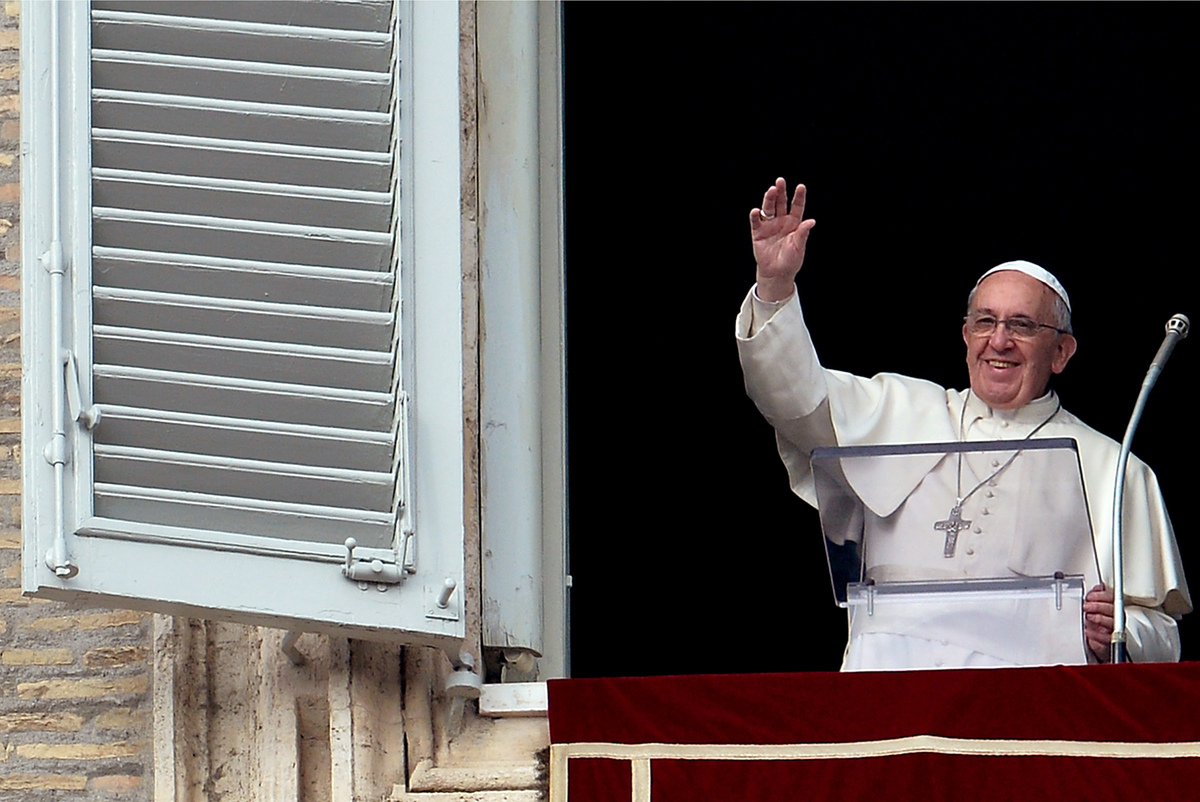
------
Latin American Pope The College of Cardinals did something extraordinary in March. It voted to put an Argentine, Cardinal Jorge Bergoglio in Saint Peter’s throne, moving the papacy from politics of Rome to the Western Hemisphere.
Taking the name Francis, the new pope made his first appearance in Saint Peter’s Square, noting that the Cardinals had actually gone to the end of the world to find him.
But like many political figures Pope Francis was not a newcomer to this most sacred of campaigns. After all, it is rumored that he was the runner-up to his predecessor, Pope Benedict, the last time around. But this pope is unlike his predecessor, and indeed, has demonstrated a remarkable shift in the tone and spirituality of the papacy.
A Jesuit by training, Pope Francis has chosen to live a simple life, eschewing the privilege of the job, choosing to focus on poverty reduction, a return to his Catholic flocks, and most important, opening up the Catholic Church to a new dialogue about some of the most pressing social issues, from homosexuality, to reproductive rights.
His fresh approach to the papacy, a position that seemed to be growing out of touch with its followers, demonstrates that this humble Jesuit from Buenos Aires may really have struck the right formula for reviving the faithful in 2014.
====
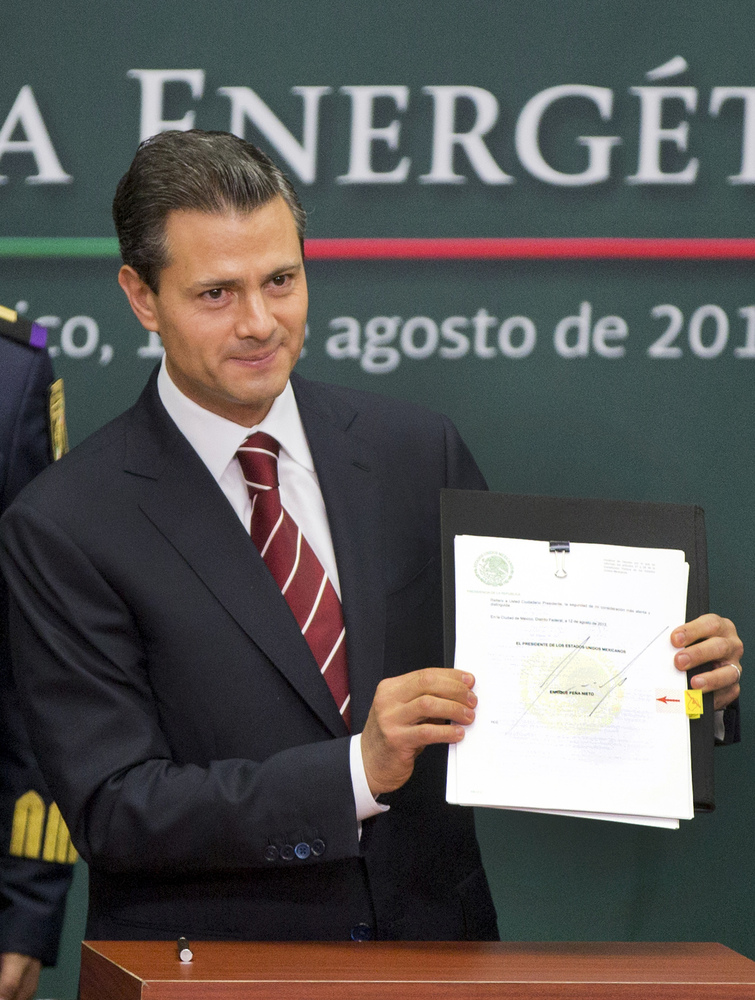
------
Energy: Winners and Losers In the winner category in 2013 was Mexico. The nation received an early Christmas present when Mexico’s Congress approved the most comprehensive reform of their energy law. President Pena Nieto, the PRI party president, successfully managed to break the 75 year oil monopoly and open Mexico to private investments in oil and gas.
While the oil reserves below the ground will remain state property, the reforms open the door to private firms to gain revenue streams. The law will also create a sovereign-wealth fun to invest oil revenues for the long-term, and restructures the national oil company’s board, making it more efficient. What does it mean for the region? The oil reform confirms that the Western Hemisphere, and not the Arabian Peninsula, will remain the new axis of energy in the 21st century.
The biggest loser was Cuba and the other PetroCaribe states. Dependency on Venezuelan oil, something that started when the late President Hugo Chavez sought to alleviate the energy shortages in the Caribbean and Central America, is now no longer certain. Decreased production and the instability of politics under the government of President Nicolas Maduro, Chavez’s ideological doppelganger has punctured the bubble of cheap energy.
For Cuba in particular, this shift can only have a very negative impact on its economy that relied on Venezuela’s cheap oil as an economic lifeline. 2014 should make the situation even direr, if expert predictions about Venezuela’s future are correct.
====
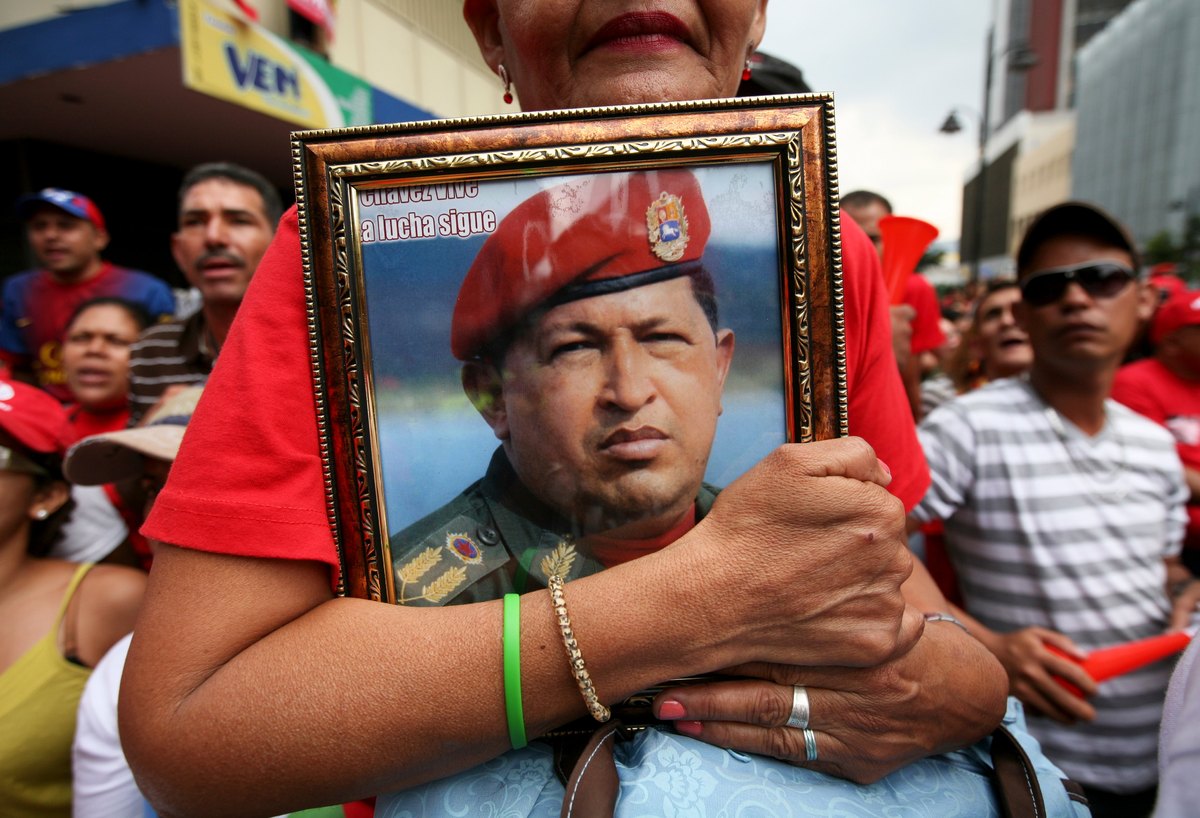
------
Political Transitions: An End to Chavez but not Chavismo? The death of President Hugo Chavez on March 5th Chavismo in Venezuela. The foundation laid by this praetorian populist will endure, but it is unclear what direction the country will go given the increased censorship of the opposition, and the growing economic crisis that impacts every citizen.
Chavismo as a political movement was widely seen by Venezuelans and by other leaders of the region as truly autochthonous, a force that hit the sweet spot of anti-Americanism at the right time and place in U.S.-Latin American relations.
His unique blend of regionalism—he used the image and name of South American liberator Simon Bolivar, who sought to unify Hispanic America in the early 19th century—helped to create political clones like presidents Rafael Correa in Ecuador and Evo Morales in Bolivia.
Like Chavez, these leaders have attempted to gut democratic rule by using democratic institutions as a cover for more authoritarian actions, which include stifling a free press and packing the courts with partisan followers.
Whether President Nicolas Maduro, Chavez’s successor and torchbearer can keep Venezuela from imploding is an issue that the region is trying to understand, because a failed Venezuelan state would not only cause havoc for its neighbors, Colombia and Brazil, but its impact on oil markets would be felt globally. This Andean country is in for a century rough ride in the New Year.
And in Central America the conviction of a former sitting president and former general, Jose Efrain Rios Montt, for crimes against humanity, for genocide against his people earlier this year, marked a triumph for international human rights leaders and vindication for thousands of victims of Guatemala’s brutal and earth scorching 30 year civil war.
====
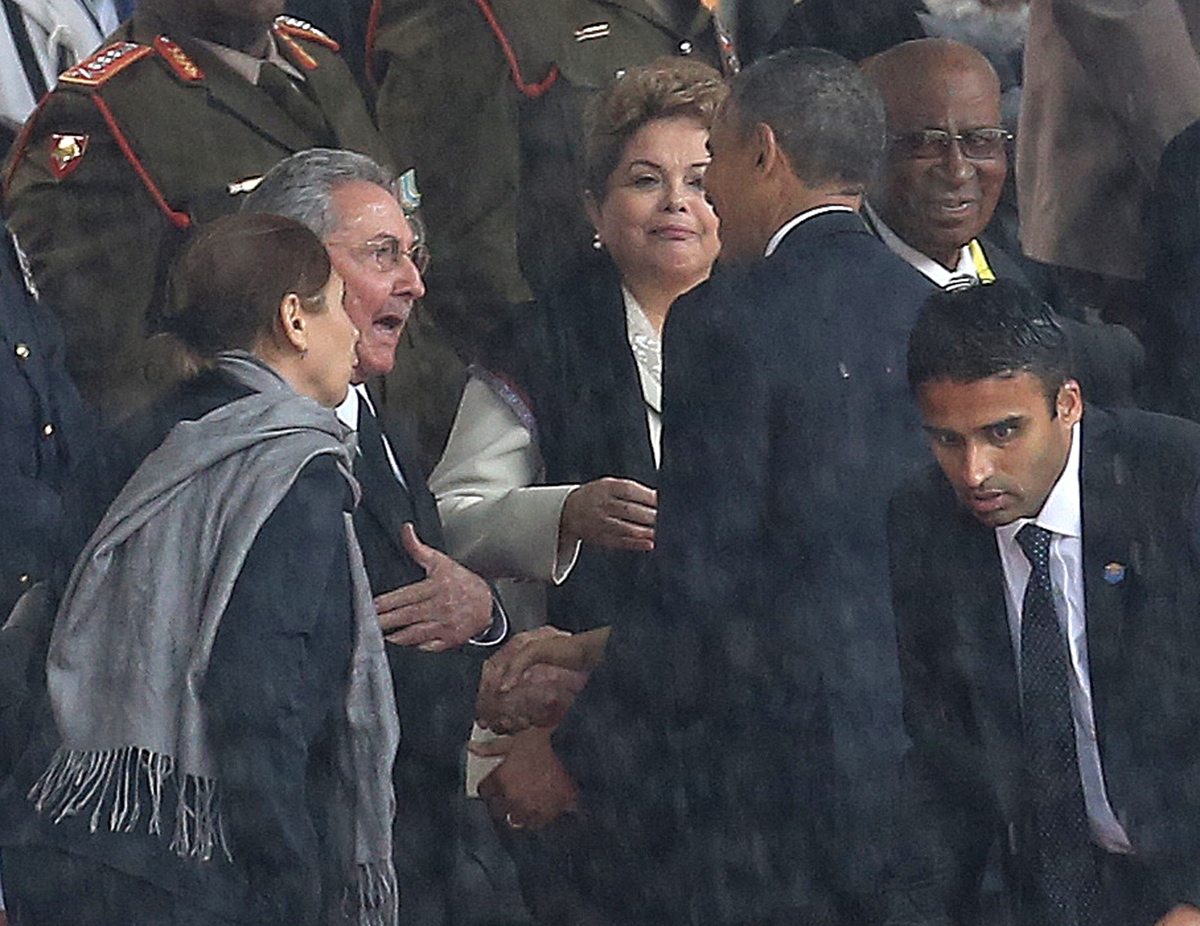
------
The snub and handshake
It started in June over a hike in the bus fares in major Brazilian cities, and ended up in a mostly peaceful protest to bring the government of Brazil to a standstill as hundreds of thousands took to the street in cities like Sao Paulo, Rio de Janeiro, and Belo Horizonte to show their frustration with the Labor Party (PT) government of President Dilma Rousseff.
The rising up of the middle class symbolized the fragile economic situation that Brazil finds itself in, despite it being the world’s sixth largest economy.
Falling commodities prices coupled with low economic growth and lack of opportunity triggered a new movement of mostly the young who seek a more secure future. Lack of education and access to decent health care were among the demands that were addressed as President Dilma promised to bring more doctors from Portugal and Cuba, and also increase education spending.
In the midst of this crisis the Brazilian government faced another challenge in early summer as Edward Snowden, the NSA contractor turned leaker, revealed that the U.S. government had eavesdropped on the telephone calls of President Rousseff. In short, neither visits from Vice President Biden nor one made by Secretary of State John Kerry were sufficient to smooth the ruffled feathers of the Brazilian leader.
By late September, despite a last-minute call from President Obama to explain how this type of “spying” could happen among allies, Dilma Rousseff canceled her much-coveted state visit to Washington.
The NSA scandal marked a low point in U.S.-Brazil relations, especially at a time when we are seeking greater regional leadership from Brazil in regional crises like Venezuela and Haiti, where Brazil has led the peacekeeping operation since 2004.
But politics often trumps reason, and Brazil is no exception. 2014 is an election year for Rousseff who is running for re-election in a difficult economic environment. U.S. bashing is often a good way to rally her Labor Party troops.
But just last week, the snub turned into an embrace at the funeral of former South African President Nelson Mandela. As resident Obama walked to the podium to address the crowd, he gave President Rousseff an abrazo that signaled a truce, and a time to move forward. Rousseff warmly returned the gesture.
South Africa was also the place for a possible glimmer of hope on an opening with Cuba. There President Obama also held out a hand to Cuban leader Raul Castro, also in attendance at the funeral. While it would be foolhardy to read too much into the handshake, Obama’s lame duck status may also signal a greater willingness to gradually end the 60 plus year embargo. Will 2014 be a year for new beginnings with that Caribbean island? Stay tuned.
====
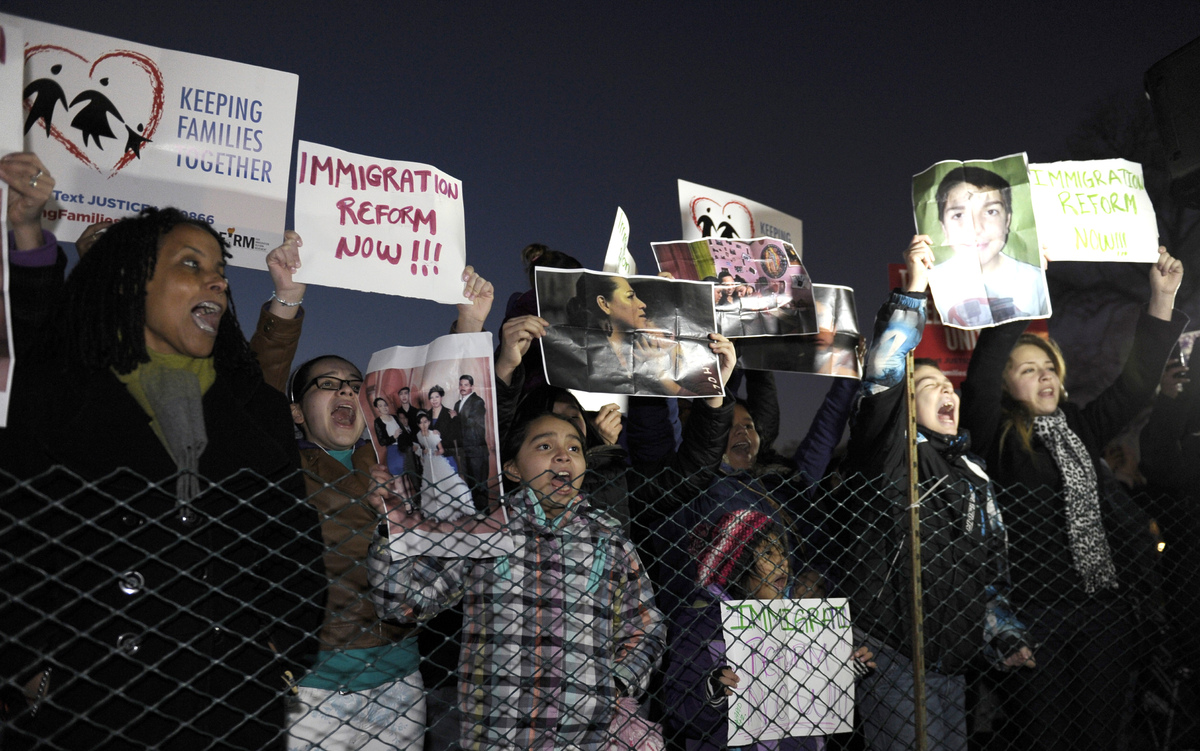
------
Opportunity Lost: U.S. immigration reform Not even a 22-day hunger strike by movement leaders Eliseo Medina, of the Service Employees International Union, and a Dreamer, Cristian Avila, could push the U.S. Congress to approve a bill for comprehensive immigration reform.
A Senate bill which won approval in June has languished in the House of Representatives as Tea Party partisans continue to block what is an non-negotiable– a pathway to legalization for the 11 to 15 million undocumented workers in this country.
As the legislative clock for 2013 is almost out of time, House Leaders Luis Gutierrez (D-Il) and Mario Diaz Balart (R-Fla) are trying to craft a compromise for January 2014 when the House reconvenes.
Since the mid-year elections of 2014 loom heavily on the minds of House members who seek re-election and key senate seats have come open, we are likely to see movement on some form of immigration reform, given the power of the Latino vote in this country.
But the failure to push harder last year for immigration reform may become a determining factor in the outcome of races in certain Congressional districts where Democrats are trying to hold on to seats that are being challenge by Tea Party candidates.
The administration lost an opportunity to consolidate the gains made in the 2008 election with the Latino voters. Offering a reduction or cessation of deportations may be a nice carrot for holding off more critics, but for those caught in immigration limbo 2013 turned out to be bleak.
====
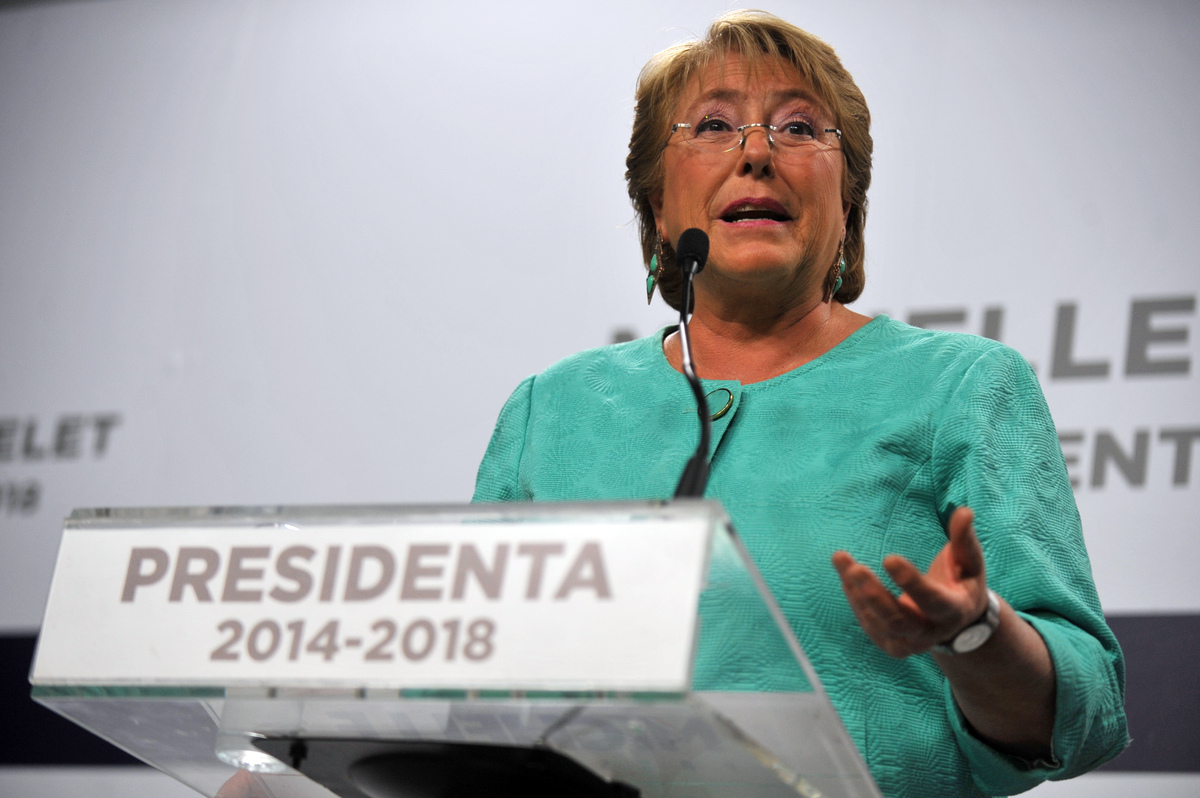
------
The year of women in politics
With the return of Michelle Bachelet as President of Chile for a second term we see the increase in women in regional politics. From Cristina Kirshner in Argentina, to Dilma Rousseff in Brazil, Laura Chinchilla in Costa Rica, and Prime Ministers Portia Simpson in Jamaica, and Kamla Persad-Bissessar in Trinidad and Tobago Latin America has increased women’s leadership.
But as exciting as this trend is in the region (the U.S. is yet to have a woman chief executive), there is a darker side to the story.
Women are victims of crime, femicide being the most frequent, and Bolivia holds the honor of having the highest rate of this type of crime in the world.
In spite of Guatemala having a courageous women attorney general, Claudia Paz y Paz, the country still faces an uphill battle to curb violence against women. Honduras, with the highest murder rate in the world, at 84 per 100,000 is still struggling to avoid slipping further into state failure.
Women’s civil society groups are among the forces that can return stability to a country where violence is the norm. 2014, a year with elections in Argentina, Uruguay, Bolivia, Colombia and Brazil, and in Costa Rica, El Salvador and Panama, may well result in more women than ever entering public office.
Whether these leaders can help their sisters who are still among the most vulnerable will be among the great social challenges for the New Year.
++++

------
An Army officer demonstrates the pass through door on one of the cells in Camp VI at the Detention Center, U.S. Navy base Guantanamo Bay, Cuba, August 2012. (Walter Michot/Miami Herald/MCT)
====
12/17/2013 Guantanamo guards remove 9/11 defendant from courttwiceafter noisy protests http://latinotimes.com/world/983886-guantanamo-guards-remove-9-11-defendant-from-courttwiceafter-noisy-protests.html via
++++

====
THE VOICE -- 'Blind Auditions' -- Pictured: Shakira -- (Photo by: Trae Patton/NBC/NBCU Photo Bank via Getty Images)
====
The Hottest Latino Stars Of 2013
http://www.huffingtonpost.com/2013/12/17/hottest-latino-stars-2013_n_4459039.html
++++

====
Top
http://huff.to/1fyB0Hm via
++++
Stars Who Have Fallen In Love With Latinos
http://huff.to/19cGND7 via
++++
via
http://www.washingtonpost.com/opinions/chile-a-new-model-for-latin-america/2013/12/16/9a5de636-668b-11e3-ae56-22de072140a2_story.html
++++
12/14/2013 Alcoholism and Diabetes vs. Eat, Drink & Be Merry! http://indiancountrytodaymedianetwork.com/2013/12/14/alcoholism-and-diabetes-vs-eat-drink-be-merry via
++++
12/13/2013 Undocumented Activist Infiltrates El Paso Detention Center, Documents Rampant Abuse via
http://prernalal.com/2013/12/undocumented-activist-infiltrates-el-paso-detention-center-documents-rampant-abuse/
====
++++

++++
+++++++++++++++++++++++++++++
Aztlan-Network-News Blog ~via @Peta_de_Aztlan
http://aztlan-network-news.blogspot.com/
Connect Up! Network Aztlan Yahoo Group
http://groups.yahoo.com/group/NetworkAztlan_News/
Network-Aztlan Home Page
http://www.networkaztlan.com/
+++++++++++++++++++++++++++++

No comments:
Post a Comment
Be for real! Love La Raza Cosmca! Venceremos!